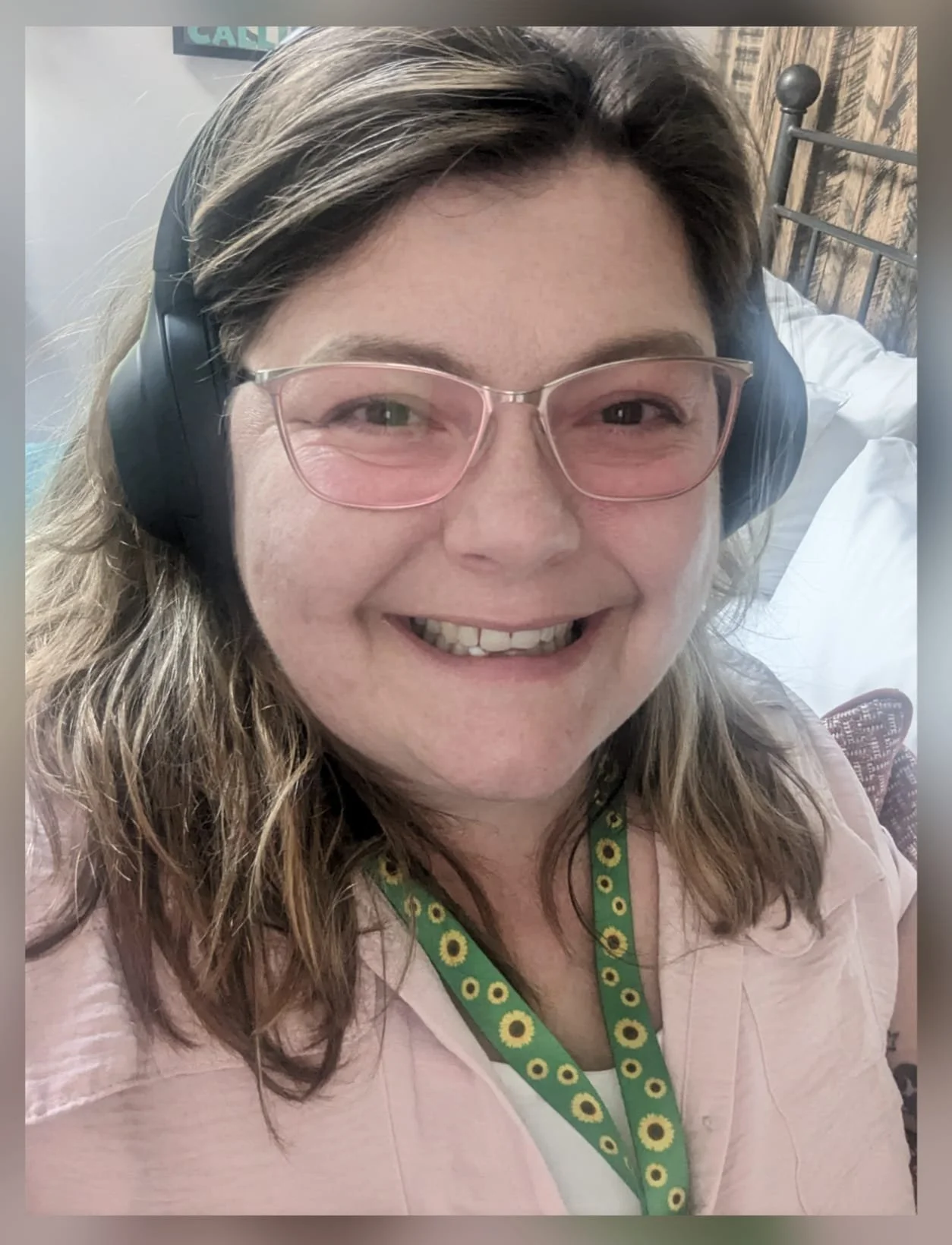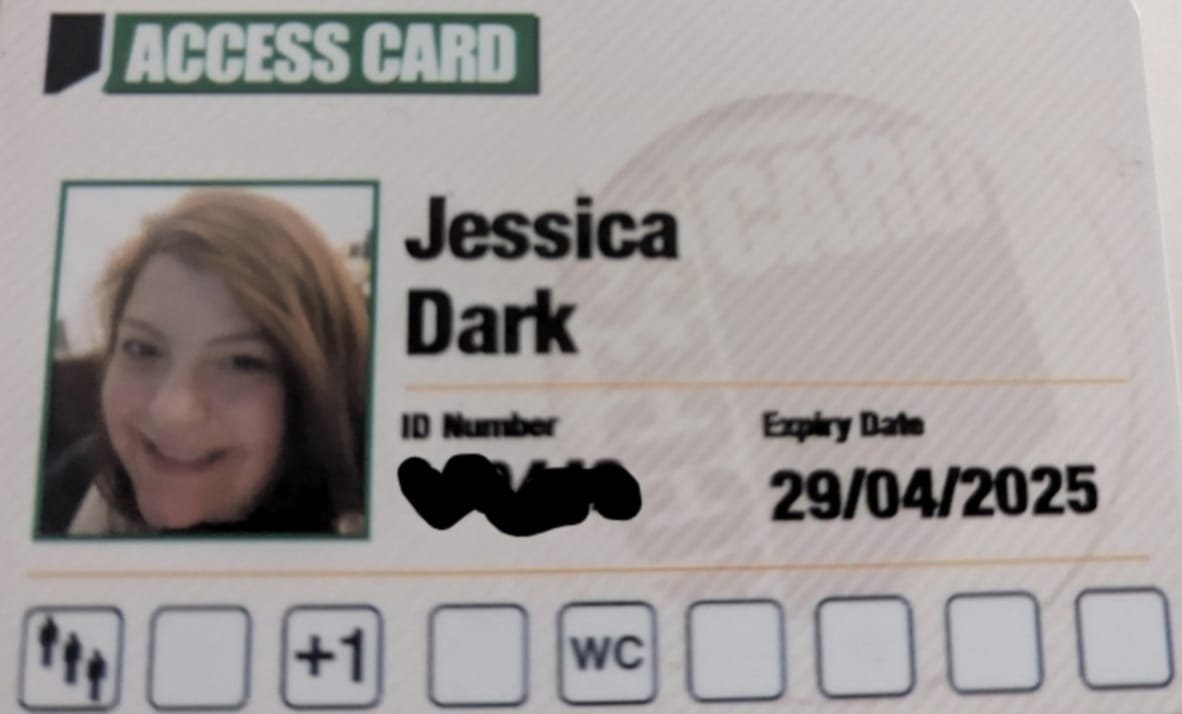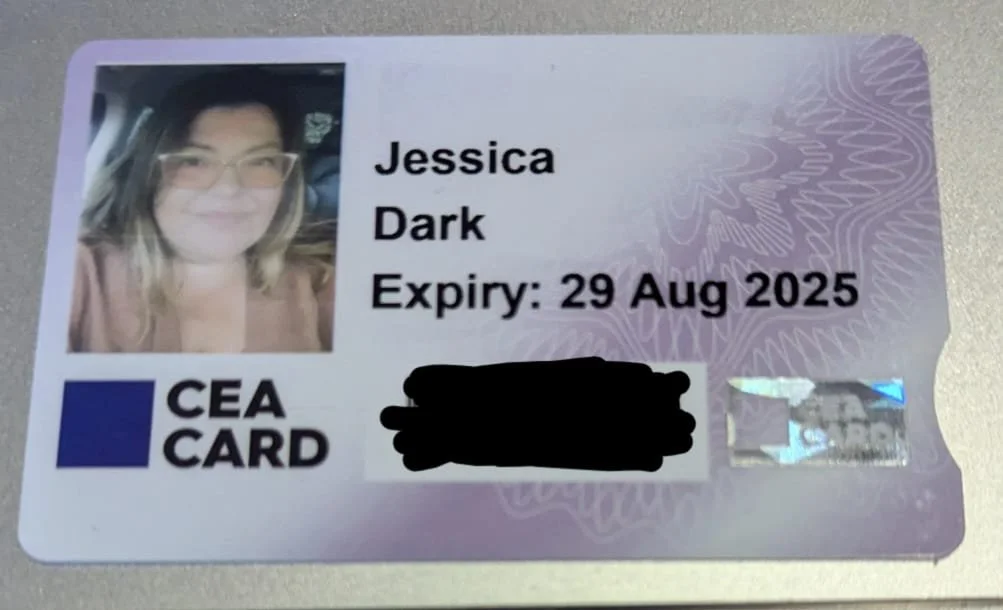Access Schemes for Neurodivergent Adults in the UK: Enhancing Inclusivity and Independence
Note to Reader: This article shares three different schemes operational in the UK that support people who experience disability, including neurodivergence to easier access travel, and social spaces such as theatres and the cinema.
Topic: Disability, Neurodiversity, The Equality Act, Access Requirements, Adjustments, Support, Understanding, Awareness.
Some days leaving the house can be harder than others. Needing to share that you are neurodivergent and explaining your support needs to strangers can be exceptionally difficult. This makes activities that many people take for granted such as travelling abroad, meeting friends, visiting the cinema challenging for many neurodivergent people. But these activities are crucial for living independent and fulfilling lives. This is why learning about the supports that are available to our neurodivergent community, so we can navigate public spaces with greater ease and dignity, is crucial to our independence. In the UK there are three access schemes: the Sunflower Lanyard scheme, the Access Card, and the CEA Card, that make travelling, accessing public spaces and engaging in fun activities easier.
The Sunflower Lanyard Scheme
The Sunflower Lanyard is a simple yet powerful tool that signals to others that the wearer has a hidden disability and may need additional support or patience. First introduced in UK airports in 2016, this scheme has since expanded to many other sectors, including supermarkets, transportation, and entertainment venues.
Personally, I find travelling by plane to be very stressful without assistance. But by wearing my Sunflower Lanyard it helps me to communicate my needs without the stress of having to repeatedly explain them. It allows staff and the public to recognise that I may require extra time, space, or assistance, and consequently helps me to reduce the impact of overwhelming environments and situations (like queuing in crowded spaces)
Overall, the sunflower lanyard is a fantastic scheme that empowers people to maintain their autonomy while ensuring that their needs are understood and respected - and to top it off, it’s completely free!
Cost - (Free) Available for free from participating organisations and businesses, such as supermarkets, airports, and certain retail stores.
Purchase Online - You can also purchase a lanyard online, where the cost varies depending on the source and type of lanyard.
Length of Membership - No specific membership duration is associated with the lanyard.
Evidence Required - No formal evidence or proof of disability is required. The Sunflower Lanyard is meant to discreetly signal that the wearer has a hidden disability and may need additional support or patience.
To learn more about the Sunflower Lanyard Scheme go to - A symbol for non-visible disabilities (hdsunflower.com)
The Access Card
The Access Card is another essential tool for neurodivergent adults in the UK. Issued by Nimbus Disability, this card translates the holder's access requirements into symbols that represent the barriers they face. These symbols help service providers, venues, and businesses understand the specific needs of the cardholder, such as the requirement for a companion, access to quiet spaces, or the ability to skip queues. I mostly use my access card for the theatre.
Prior to having the Access card, requesting accommodations or disability ticket concessions meant that I was carrying personal documents like my diagnosis letter and proof of disability benefit around with me on nights out (I would literally turn up to a theatre with a plastic folder full of paperwork). The Access Card simplifies access to appropriate accommodations without the need to repeatedly disclose and explain my neurodivergence or carry my plastic folder of paperwork from venue to venue.
The Access card ensures that neurodivergent people’s rights under the Equality Act (2010) are respected and accommodated and it can be tool in reducing anxiety and facilitating smoother interactions in social, public, or commercial settings.
Cost - £15.00
Length of Membership - Three years.
Evidence Required - DLA (Disability Living Allowance) or PIP (Personal Independence Payment) award letters, a letter from a medical professional confirming your condition, or a blue badge. A photo of the cardholder is also required for identification purposes.
To learn more about the Access card go to - Access Card: Making access easy
The CEA Card
The CEA (Cinema Exhibitors’ Association) card is my most used access card (at least once a month, but when its a good movie season even more). It is specifically designed for people who require additional support when visiting cinemas. The CEA card is a valuable resource for people who find the cinema environment challenging due to their neuro-trait expression such as sensory sensitivities, or anxiety.
There have been times when I have found leaving the house to be challenging. This card allows a free ticket for a companion, ensuring that I can enjoy the experience of the cinema with the necessary assistance I require, reducing the stress and anxiety of being outside.
Overall, the CEA card takes the stress out of visiting the cinema, and encourages social activities for people who might otherwise find them inaccessible.
Cost- £6.00
Length of Membership - One year.
Evidence Required - Disability Living Allowance (DLA) or Personal Independence Payment (PIP), A photo of the cardholder is also required for identification purposes.
To learn more about the CEA card go to - Home - CEA Card
Why These Schemes Matter
I would not do half of the activities that I currently or travel as frequently as I do, without the support of the Sunflower Lanyard, Access and CEA cards. These initiatives foster greater understanding among the general public and service providers about neurodivergence, thereby raising awareness and contributing to a more inclusive society. By providing discreet ways to communicate needs, they reduce the stigma associated with hidden disabilities and ensure that neurodivergent individuals can access the support they need without feeling marginalised. For many neurodivergent individuals, navigating a world designed primarily for neurotypical people can be challenging. Sensory overload, social anxiety, and communication difficulties are common barriers that can make everyday tasks daunting. Access schemes are not just conveniences - they are essential supports that can make a significantly positive impact on neurodivergent people's lives.
How do the access schemes in the UK support you to access community activities?
Supporting and Celebrating our Neurodivergent Community,
Jess x x


